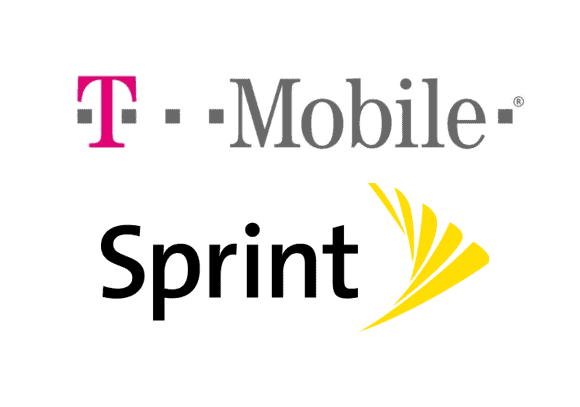Telecom giant T-Mobile US has agreed to acquire its rival Sprint in a deal valued at $26bn (£18.9bn).
T-Mobile and Sprint are the third and fourth largest mobile broadband carriers in the US.
The tie-up would create a competitive firm with approximately 127 million customers. It would be better positioned to take on Verizon and AT&T (the two largest mobile broadband carriers in the US).
The companies said in an announcement that they have entered a definitive agreement to merge in an all-stock transaction at a fixed exchange ratio of 0.10256 T-Mobile shares for each Sprint share or the equivalent of 9.75 Sprint shares for each T-Mobile US share.
 The combined company will be named T-Mobile and will be headquartered in Bellevue, Washington.
The combined company will be named T-Mobile and will be headquartered in Bellevue, Washington.
John Legere, current President and Chief Executive Officer of T-Mobile US, will serve as Chief Executive Officer of the combined company, and Mike Sievert, current Chief Operating Officer of T-Mobile, will serve as President and Chief Operating Officer.
Critics worry that consolidation in the sector could lead to higher prices for consumers. However, Mr Legere said in a statement that the merger between Sprint and T-Mobile would provide businesses and consumers lower prices.
“This combination will create a fierce competitor with the network scale to deliver more for consumers and businesses in the form of lower prices, more innovation, and a second-to-none network experience – and do it all so much faster than either company could on its own,” said John Legere.
The merger will help the companies make the necessary investments to expand their fifth-generation wireless technology called 5G.
“As industry lines blur and we enter the 5G era, consumers and businesses need a company with the disruptive culture and capabilities to force positive change on their behalf,” Legere added.
“Going from 4G to 5G is like going from black and white to color TV,” Marcelo Claure, Sprint’s chief executive, said in the news release.
“It’s a seismic shift — one that only the combined company can unlock nationwide to fuel the next wave of mobile innovation.”
This isn’t the first time that the two companies have attempted a merger. Their previous two attempts failed because of opposition from regulators in the Obama administration in 2014 and disagreements last year over control of the combined company.
